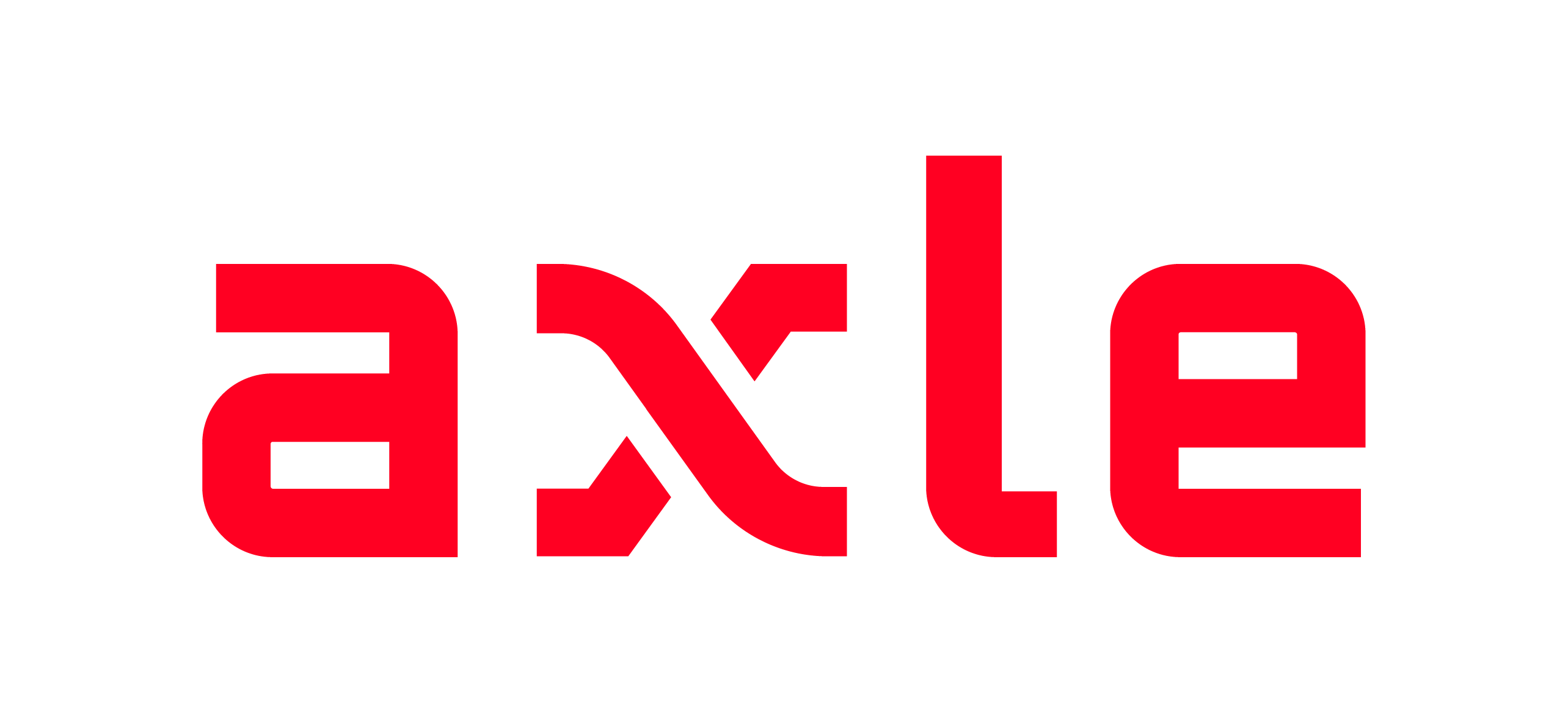
How does smart charging work?
Rather than charging a vehicle immediately upon plugin, smart charging allocates charging to the time of lowest cost. To do this, we need to know:- How much energy is required (kWh)
- When the vehicle needs to be ready by (time)
Building smart charging with Axle
Prerequisites
You’ll need to register the user & asset and collect tariff information to enable smart charging.Collecting intent
The easiest way to collect charge intent is to embed our prebuilt smart-charging component in your app.Energy Requirements
We want to know how much energy is required, in kWh. There are several ways to arrive at this number.| User provides | Notes |
|---|---|
| kWh to add | User describes requirement in kWh |
| Hours to add | Requires approximation of charge power |
| Target SOC % | Requires current SOC % (Axle provides via Enode) |
| % to add | Requires car battery size (Axle provides via Enode) |
| Nothing | Can be approximated or fixed to e.g. 4 hours charging |
Ready-by time
Collect ready-by with a standard time picker. This is bundled with energy requirements in our smart-charging component. For more customisation, you can collect separate ready-by times for different:- days of the week
- vehicles
Integration
Axle will issue new schedules when:- The user plugs in
- The user’s tariff changes
- The user’s intent changes
async.
Communicating intent
We need to know the user’s most recent intent whenever we issue a charge schedule.- Components
- Via our API
- Use our prebuilt smart-charging component
- This will issue intent-update events when users change their preferences
- We will combine them with plugin events that we collect via asset telemetry
Receiving charging schedules
If you already have an existing API that you think will support smart charging,
we can discuss integrating with that directly. However, our recommendation is
to integrate with our OCPP API.
- Specification of charge energy in an industry-standard format
- Stacking of schedules allows fallbacks in case devices go offline. For instance, our schedules can be overlaid upon a “default” schedule which always charges consumers during off-peak times
- Fine-grained control over recurrence type and expiries

